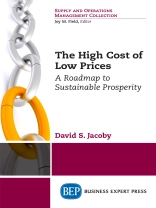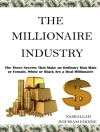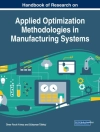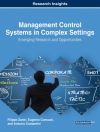This book directly addresses controversial issues like climate change, carbon taxes, fracking, offshoring, urban sprawl, globalization, income inequality, regulation, corruption, compliance and enforcement, providing an informed basis for mapping the way forward.
Based on his experience consulting on hundreds of industrial mega-projects, Jacoby reveals dark secrets of international supply chains for familiar products such as coffee, bottled water, gasoline, and electronic devices, and explains how government policies and business norms around the world have evolved to allow practices that can deplete natural resources, blight native landscapes, and tolerate inhumane working conditions.
Rich in facts and deep with first-hand experiences from around the world, Jacoby challenges embedded thinking about growth and progress, convenience, comfort, and quality of life. The book proposes a bold and realistic new policy framework that is ground-breaking and achievable for industry, government, and consumers, and supports the plan with achievable metrics, targets, and accountabilities. While his first book promoted global supply chain optimization based on industry “best practices” and his second book fine-tuned the techniques for oil, gas, and power companies, Jacoby takes a holistic perspective in this third book, acknowledging and proposing solutions for the problems caused in part by these “optimized” global supply chains.
A propos de l’auteur
David Jacoby has been consulting for 30 years in operations strategy and performance improvement. He is the president of Boston Strategies International, which consults to the largest industrial manufacturing, energy, and logistics companies worldwide, as well as lenders, law firms, and government and international nongovernmental organizations. He is the author of Guide to Supply Chain Management(The Economist 2009) and Optimal Supply Chain Management in Oil, Gas, and Power Generation (Penn Well 2012). Formerly, he taught operations management at Boston University’s graduate school of business. He holds an MBA from the Wharton School, a master’s in international business from the Lauder Institute, and a bachelor of science in economics from the University of Pennsylvania.












